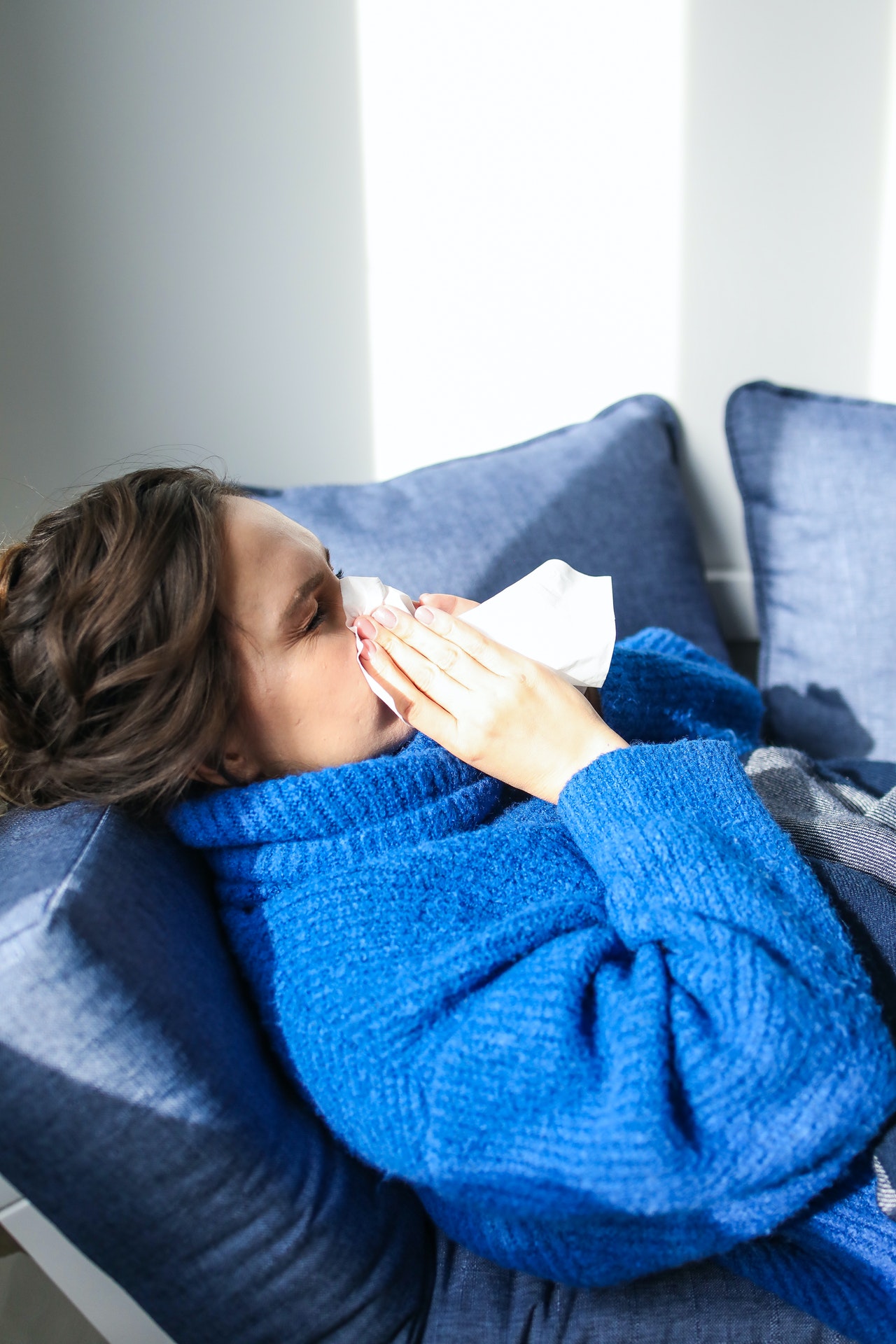As the cold weather sets in, it’s more important than ever to take precautions against getting the flu. Here are seven tips to help you avoid catching the flu virus this winter.
Get Vaccinated
Getting vaccinated against the flu is the most effective way to avoid getting sick. The Centers for Disease Control and Prevention (CDC) recommends an annual flu vaccine for everyone six months and older. If you’re in a high-risk group, such as a senior citizen or someone with a chronic illness, you can schedule private gp services and ask your doctor about being vaccinated against the severe forms of the virus.
Be aware of how germy shared surfaces and objects are, such as toys and doorknobs. Washing your hands after touching these items can help prevent spreading germs to your nose or mouth. Try using gloves if you must touch something likely contaminated with germs.
Stay Warm and Dry
Because it’s unlikely you’ll fall ill if your hands, nose, and feet are dry and warm, make sure to bundle up when leaving the house. If you will be spending time outdoors in cold or wet weather, use gloves or mittens instead of tissues to help prevent the spread of germs. Remember to keep your hands away from your face to reduce the risk of getting sick. Wear a scarf or mask to cover your mouth and nose when you go outside.
Limit Your Alcohol Intake
Alcohol can affect your immune system’s ability to fight germs and viruses. When you drink alcohol, it can lower the number of white blood cells in your body that work to destroy invaders like colds and flu viruses. As a result, drinking more than one alcoholic beverage per day for men or having more than seven drinks per week for women can put you at risk of getting sick. If you drink alcohol, avoid drinking on an empty stomach to reduce the risk of illness.
Eat Healthy Foods
You should make sure to eat a well-balanced diet, including foods containing vitamin C and zinc. These nutrients can help you stay healthy throughout the winter months. If you follow a vegetarian or vegan diet, consult your doctor to ensure that you’re getting enough zinc and vitamin B12.
Ensure you have enough vitamin D throughout the winter months, too. This “sunshine vitamin” is necessary for your bones and can also help boost your immune system. Foods like fortified milk, cereals, and orange juice are rich in vitamin D.
Wash Your Hands Often
While washing your hands with soap and water for 20 seconds is the most critical step you can take to prevent illness, it’s also a good idea to carry a hand sanitizer with you wherever you go. Try using alcohol-based hand sanitizers more often to kill germs on your hands if you have a runny nose or cough.
If you get sick, make sure to take extra-good care of yourself while you recover. Wash your hands often with soap and water, especially after using the bathroom, changing diapers, or touching items contaminated with germs.
Avoid Contact with Sick People
How often have you had the flu after coming home from work or school? If this is a common occurrence, it may be because you came in contact with someone sick. To avoid getting sick with the flu or other viruses, try to avoid contact with sick people and wash your hands regularly. This includes avoiding touching your face or eyes, which can put you at risk for illnesses like pink eye and the flu.
Be Positive
Stress and other negative emotions can make you more vulnerable to illness. People under stress may be less likely to get sick after exposure to the influenza virus because of changes that occur at the molecular level. To stay healthy during difficult times or when you’re around sick people, try meditating, listening to relaxing music, reading a book, or spending time in nature.
Conclusion
If you find yourself feeling under the weather this winter, visit your doctor to see if you have a virus. Avoiding the flu is not always easy, but following these tips can help you stay healthy this winter.











